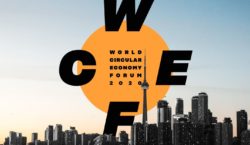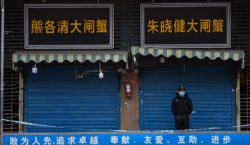When Lars Bo Larsen was appointed as Denmark’s Ambassador to Indonesia, little did he know that he would become the Ambassador also to Malaysia! However, a Danish government decision meant that the embassy in Kuala Lumpur has closed its doors in May 2021 and a solution had to be found to look after Danish interests in Malaysia. This responsibility has therefore been entrusted on Mr Larsen, who is also Ambassador of Denmark to Papua New Guinea, Timor l’Este and ASEAN – to be accredited there from 1 June.
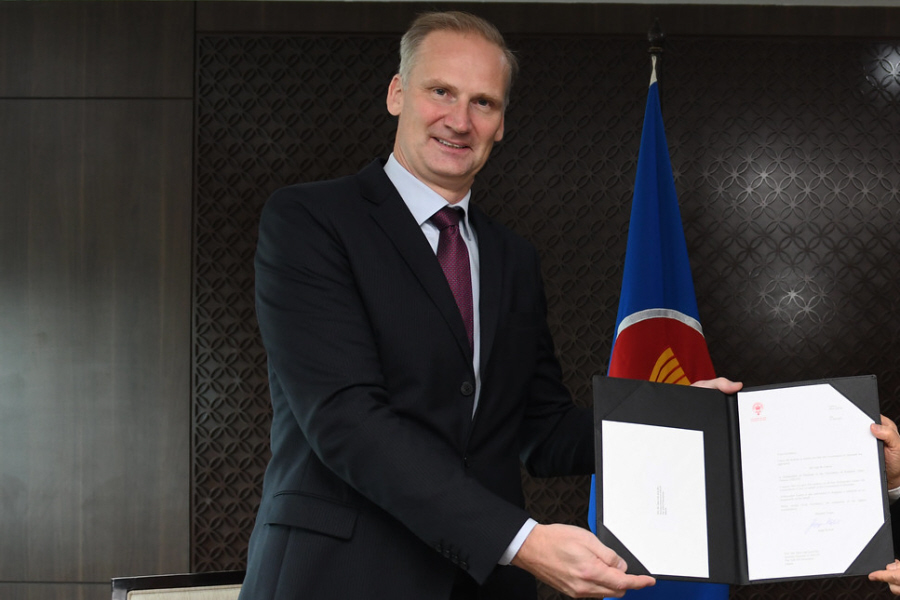
“Frankly it came as a bit of a surprise to me. I was informed about it shortly after I got to Jakarta. And I had to stand by my principle ideas; I have for some years been advocating the possibility to also work more together on a regional basis. The Danish Foreign Service has been facing significant downsizing over the last 10-20 years. And when embassies become too small there is an issue to have the critical mass of expertise. I hope we’ll be able to do that a little bit more easily now, because we have a bit bigger embassy here in Jakarta, and we can combine support for commercial interests with the expertise we have here. The good thing about this is that we can hopefully do some more sector-based interventions, also in cooperation with the Danish business sector. And I hope that both the Malaysian government and also the Danish companies will play along and be involved on that basis,” Lars Bo reflects on the decision.
He still belongs to the younger generation of Danish diplomats. “I am still amongst the youngest Danish Ambassadors that we have. I try to be a bit more modern; informal you could say. And I more and more think that you are effective as an ambassador when you are out there somehow, interacting with people in different ways, and not just doing office work. So, really, I think about it every day, to not only converse with officials and civil servants but to also connect with other interest groups. And for me, maybe the most important ones are the Danish companies present in the countries that I cover.”
Friends of Asia
Formally this is his second Ambassador posting. He earlier held the position as Deputy Head of Mission at the Danish embassy in Beijing between 2013 and 2017, a role that was upgraded to an ambassador level on the day he left. Lars Bo was also Ambassador for EU’s foreign and security policy at the EU representation of Denmark which lasted for two years from August 2017. There, he was the Danish representative to the Political and Security Committee (PSC/COPS).
“A group of ambassadors meet at least twice per week to discuss current affairs and try to agree on common lines. Traditionally, European foreign policy has been directed towards the neighbourhood. That is still the bread and butter of that position. But when I got back from Beijing, with my heritage from there, to this committee, within half a year I formed a small group of ‘Friends of Asia’. I was convinced – and so were some others – that it’s not enough for Europe to think about the neighbourhood; if we really want to make impact, even in our own neighbourhood, we have think more globally these days; about China, India etc. We have to understand that both Russia and the U.S are not primarily European-oriented but rather focused on the Asia-Pacific, and its countries will become more and more prevalent. So I tried to look into that from a European perspective and through my years there quite a number of policy changes came out. I would not take the honour of that but at least I contributed to parts of it,” says Lars Bo.
“I think the most notable change was the communication on China that came out in the spring of 2018 with the now quite well-known phrase that China is both a cooperation partner, a competitor but also a systemic rival in some aspects. And I think we have seen that developing even more since, with the sanctions levied by the foreign ministers recently to four Chinese officials. That has been a rather significant change in the EU-China relationship,” he adds.
As another reflection from his previous China posting the Ambassador says: “I think the most important thing is the firm conviction everybody has, that this will be Asia’s century. But also seeing how China was developing in the years I was there – I came in a period that was still optimistic, though that changed during my time. I believe I’ve seen both the ups and the downs, the positive and negative sides of this shift towards the east.”
“Now, returning to Asia also allows me professionally to be able to witness first-hand the balancing act taking place in Southeast Asia between what you could call the Chinese way and the increasing attraction of China here vis-à-vis the western globalised world order as we know it. That is a tension I find extremely interesting to follow – if handled carefully it brings a lot of opportunities, but there are also obvious risks involved. And I think Indonesia, and the other countries in the region, will be the determining how the balance is going to fall out on the global scale,” he adds.
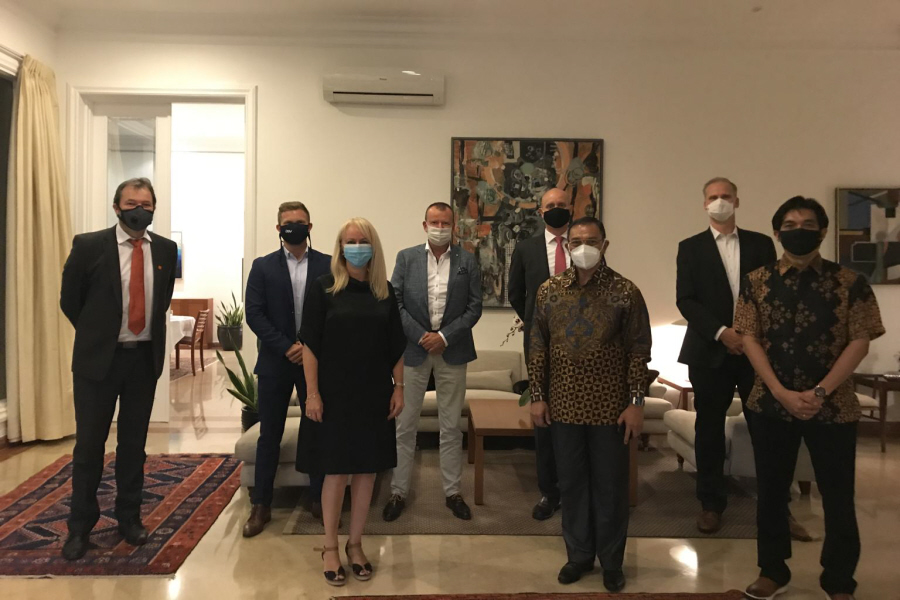
Return to Southeast-Asia
Earlier, when posted in Beijing he also had the opportunity to travel to Southeast Asia privately together with his family.
“We really loved travelling in Asia and made a number of trips, once or twice per year, to Southeast Asia. We went to Malaysia and enjoyed being there, both the Borneo side and on the Peninsula, so we were looking forward to returning to the region.”
While the ambassador has recently taken publicised bicycle trips – as part of Denmark’s bicycle diplomacy, Covid-19 has been a spanner in the works since the arrival to Jakarta in September 2020 with a family of four sons and his wife.
“Since we came we haven’t been able to travel much. We have been to the coast a few times, but so far only on mini vacations. We enjoy being here, but frankly the challenge is the continued school closures. We hope that they’ll reopen during this summer.”
“And I couldn’t really travel in the first 3-4 months here and I have since then been prioritising some of the bigger hubs. I’ve been to Surabaya to see some Danish companies there. I’ve also been to Bali, Medan, Sumatra, and most recently in Bandung in West Java. But frankly there are too few Danish companies in Indonesia at present; a lot of our customers, Danish companies, are the companies that are not yet present but that would like to be present here.“
“The work was initially a little bit uphill, to get to know people, because of Covid-19. That’s also because people here in Indonesia, like in other places in Asia, are depending on getting to know each other personally. On the positive side I’ve been happy to engage via IT platforms and virtual meetings. That meant I could meet a lot of people in a short period of time, because it is more time-efficient to do it virtually. But it doesn’t add the same depth to it, right? So I feel my introduction period has been longer than I would have hoped it to be.”
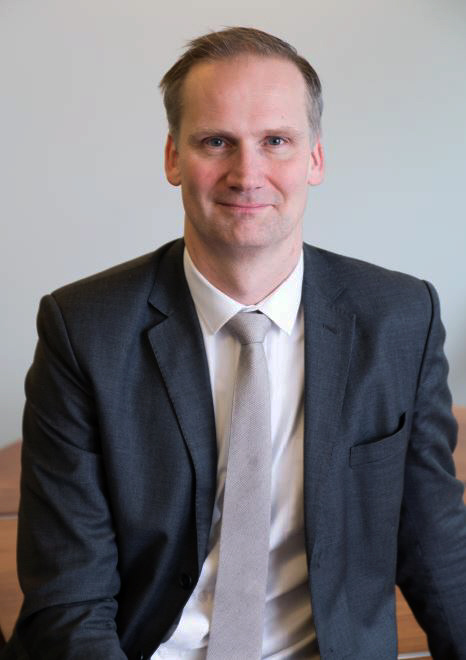
Since Lars Bo could start travelling in the country the Ambassador however feels that he has gained a better understanding and hopes to build further on that.
“And quite a few number of Danish business people in the country were leaving Indonesia at the time of Covid-19. So we’ve been forced to work a bit more with the Denmark-based companies, as they are not present here on a daily basis. That has also changed the dynamics a little bit. And normally this embassy is quite occupied with visits from Ministers, Officials and companies. Since I came here we did not have many visits from Denmark.”
Upon arriving Lars Bo was also advised to take up golfing. “So I did that, and enjoy it quite a bit; Jakarta is a perfect golfing city and it’s a very easy way to get new contacts, especially during coffee breaks.”
Previously he is used to a variety of sports like running and swimming. “I do go for short runs in Jakarta, but it’s not the most running-friendly city. I can do it from my residence but it has to be before 8 o’clock in the morning because of the heat,” smiles the Ambassador.
And then there is the bicycling. “Biking diplomacy has been a big thing for Denmark for some years. And I know that in Covid-19 times there is less traffic here, so that has made Jakarta more bike-friendly. When they started to deploy new bike lanes in Jakarta I wanted to give that a push, so I invited Governor Anies Baswedan, the Mayor of Jakarta, to join me. He immediately said yes, so I’ve been biking two times; once to the office together with the other Nordic Ambassadors – as we share the same office tower – and I rode along the new biking lanes to downtown and the old town of Jakarta, where they have established a low emission pedestrian zone.”
“And I note that there is quite a bit of interest what we do on this so it’s a matter of branding our Nordic nation, the Nordic way of life, but also to make people more aware of safeguarding some of the positive things resulting from Covid-19.”
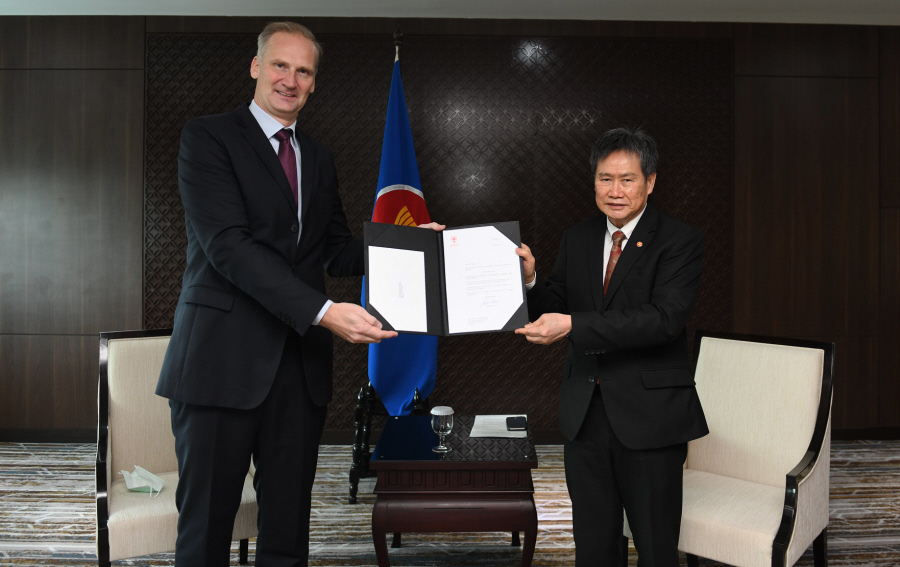
Two pillars
Before looking more closely at Ambassador Bo’s tasks ahead, let’s also rewind to how he joined Denmark’s Ministry of Foreign Affairs (in 2001) in the first place. He has a Master’s degree in Political Science and Government from Aarhus University, which seems like a very proper choice for such a career. However, this was not what Lars Bo had had in mind with his choice of studies.
“On the contrary; when I was first admitted to university I told some of my old friends and my employer, a shipyard in Denmark, about it, who laughed and said: ‘Oh, my god, then you’ll become a civil servant.’ Upon which I thought: ‘Oh my god, will I become a civil servant? I have no intention of being that.’ But I decided to continue studying because I thought these were interesting subjects. And that’s how I still feel about it; I find what I do to be interesting, including the subject matter of international relations. But I am not attached to being either civil servant or ambassador; that is as such not the important thing for me.”
The Ambassador has spent his career at MFA except for one period when he worked for McKinsey & Company, during the financial crisis in 2007 – 2008.
“In terms of methodology and optimisation of organisations that was a very interesting experience. But I decided to go back to MFA when they called me and had certain job offers that were for me linked to the Danish position vis-à-vis the European Union. I couldn’t say not to such a position at that time. So I was happy to be back but also happy to have had this other kind of private sector experience.”
Looking back now, the ambassador identifies two pillars in his diplomatic career. The first one is the EU, and especially EU foreign policy, which he has been working with during a number of years. Then there is what he calls the “global dynamics” part, where we worked in the development cooperation department.
“Also, I think one sub-section to the global circumstances is how to establish partnerships between the government and the private sector. So, underneath there is also the engagement with companies which I find extremely rewarding. In Indonesia and Southeast Asia I think there are several ways to do business but I think that also here we can do even more, and combine the government relations with the private sector.”
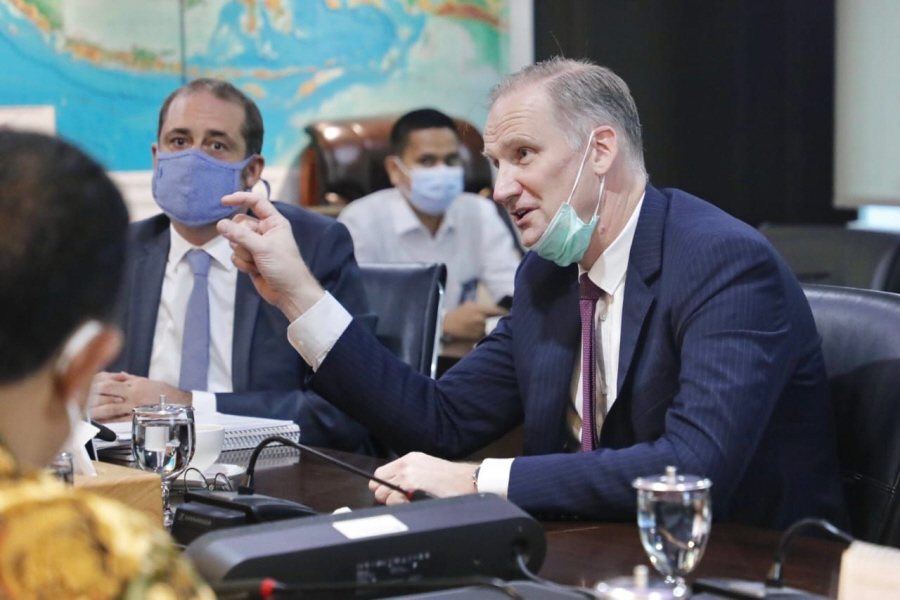
Promising prospects
In outlining the prospects for increased Danish business with Indonesia the ambassador points to potentially radical improvements in the near future.
“The next 2-3 years could be quite pivotal in the sense that there are a few elements that are now being put to use; one is the Omibus Law complex that Indonesia has adopted – a revision of 76 laws, that are all meant to create more jobs, more clarity, and to improve investor confidence and make investment simpler in terms of reaching the required licenses and permits. I see that in combination with first of all the ASEAN agreement on free trade, but more importantly the ongoing discussions between the EU and Indonesia on a comprehensive partnership agreement; FTA. The ambition is to close that within a year’s time from now. If materialising that will be a natural complement to the internal deregulation in the Omibus Law complex and I think that would pave the way for a lot more interest from European, including Danish, companies to Indonesia.”
“I feel that Denmark is underinvested in Indonesia if you look at the opportunities and the stock of investments and companies here. I think most companies will also agree to that. Then they will say it has to do with the way the economy is structured; state enterprises and about transparency and lack of clarity on the rules and regulations,” he continues.
The largest economy in Southeast Asia is expected to be the seventh largest in the world by 2030. And its digital economy is expected to grow exponentially to USD 124 billion by 2025. However, the country is traditionally characterised by a complex and difficult investment environment, writes Mondaq.com. Most observers point to the same impediments to growth and foreign investment: bureaucracy and red tape, excessive foreign ownership restrictions, onerous labour laws, and one of the most complex tax regimes in the world.
“It depends in the political will; my feeling is that it comes to whether the Indonesian government has the courage to push forward the internal reforms or whether there will be more push-back. It is basically all there on the table but of course it takes some time to land it,” comments Lars Bo.
Development and growth of Indonesia also relates directly to one of the Danish embassy’s focus areas: circular economy.
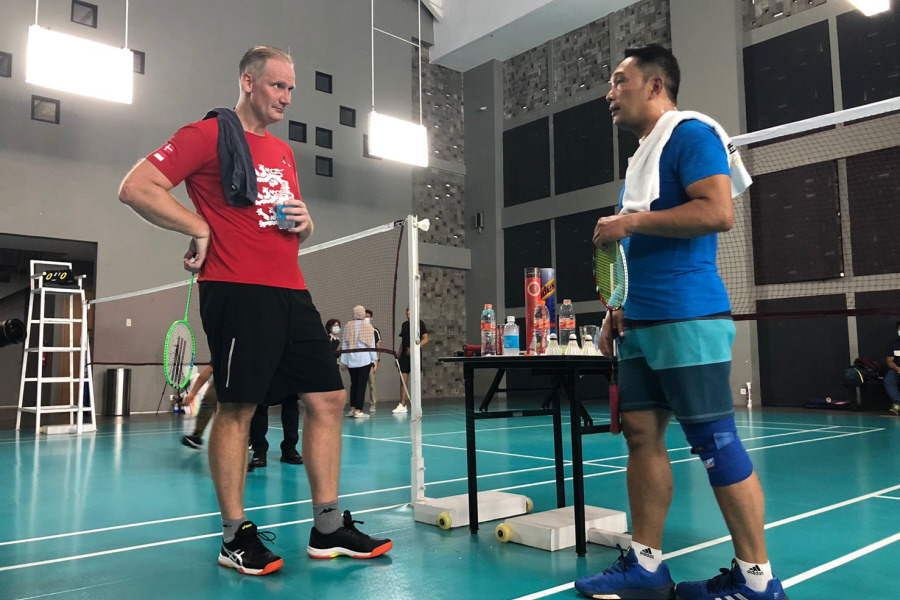
“We have a long-term collaboration with the environmental ministry on waste and the ministry of planning, adopting the circular economy approach as one of their main Covid-19 response measures. And in the European countries I think it’s now a common understanding that to build up after Covid-19 it has to be adding to the green transition – that’s the most efficient way to create jobs and welfare. That link is not so clear here. I believe circular economy is the concept that can change that perception, and at least the ministers really understand that they can add more. Specifically, the analysis we have been conducting with them also shows that Indonesia can add maybe five million jobs and add two per cent extra growth per year for up to eight years, if they invest in the right manner in a more circular economy. So I find this combination between green transition and Covid-19 recovery very interesting.
First line of defence
When it comes to the Danish Embassy in Jakarta becoming accredited also to Kuala Lumpur, from 1 June 2021, the ambassador also highlights a second, business-related, benefit: “In Kuala Lumpur there are quite a large number of Danish companies present, much more than here in Jakarta. So I hope that we can have a strong partnership with them and then utilise cooperation platforms that go across both countries and also the other countries that we are covering from our side and also linking it to the other parts of Southeast-Asia.”
“One embassy less is of course a weakening of the Danish presence in Southeast Asia – we will not be there on daily basis in the same way, if there are any sudden changes and issues. In preparation for that we’ll be strengthening our network of consuls in Malaysia a little bit, so they can be the first line of defence for those kinds of issues,” he adds.
“The bulk of cooperation with Malaysia from our embassy will be done by the people who know their sector well. So our people who are very skilful in supporting renewable energy transition in Indonesia will also be skilful in that in Malaysia, likewise in farming or aqua-farming for both countries, or in any other field.”
“Here, our embassy has fully integrated both the government- and trade relationships, so for example we have dedicated teams for energy, environment, food and agriculture etc. These teams deal with both the government relationships and company relationships to support them. This is also how we will handle things that might emanate from Malaysia.”
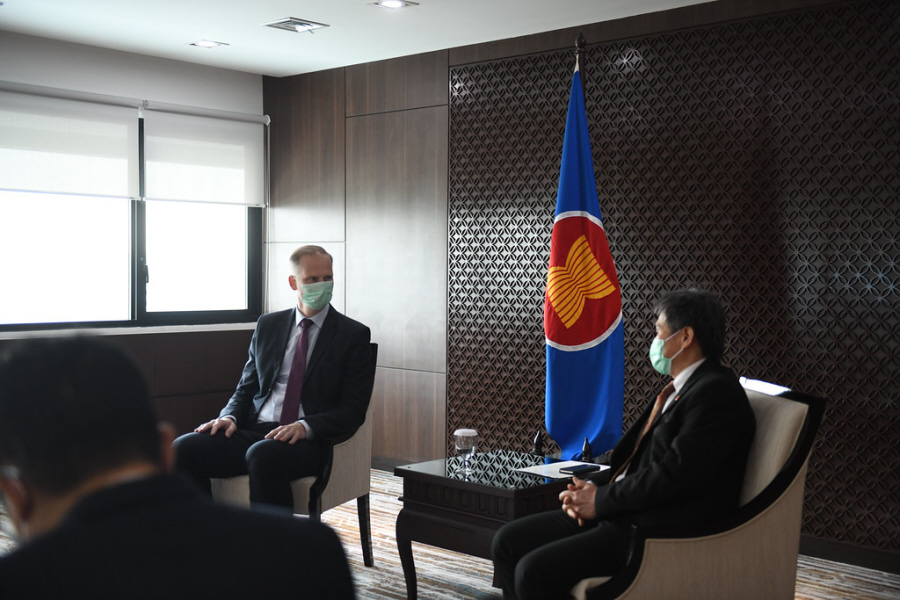
“Malaysia will be more subject to organic handling so it depends a bit on making the synergies, adding value and then we’ll base the organization on that and adapt. But the demand will have to be there before we can do so.”
I hope that we’ll be able to add a few new positions to the embassy but, also for the trade side, there is a one-to-one connection between the demand from companies and how we can staff our embassies. So when seeing more needs from Danish companies relating to Malaysia will be the point where we can increase any staff to please this demand,” ends Ambassador Lars Bo Larsen.


